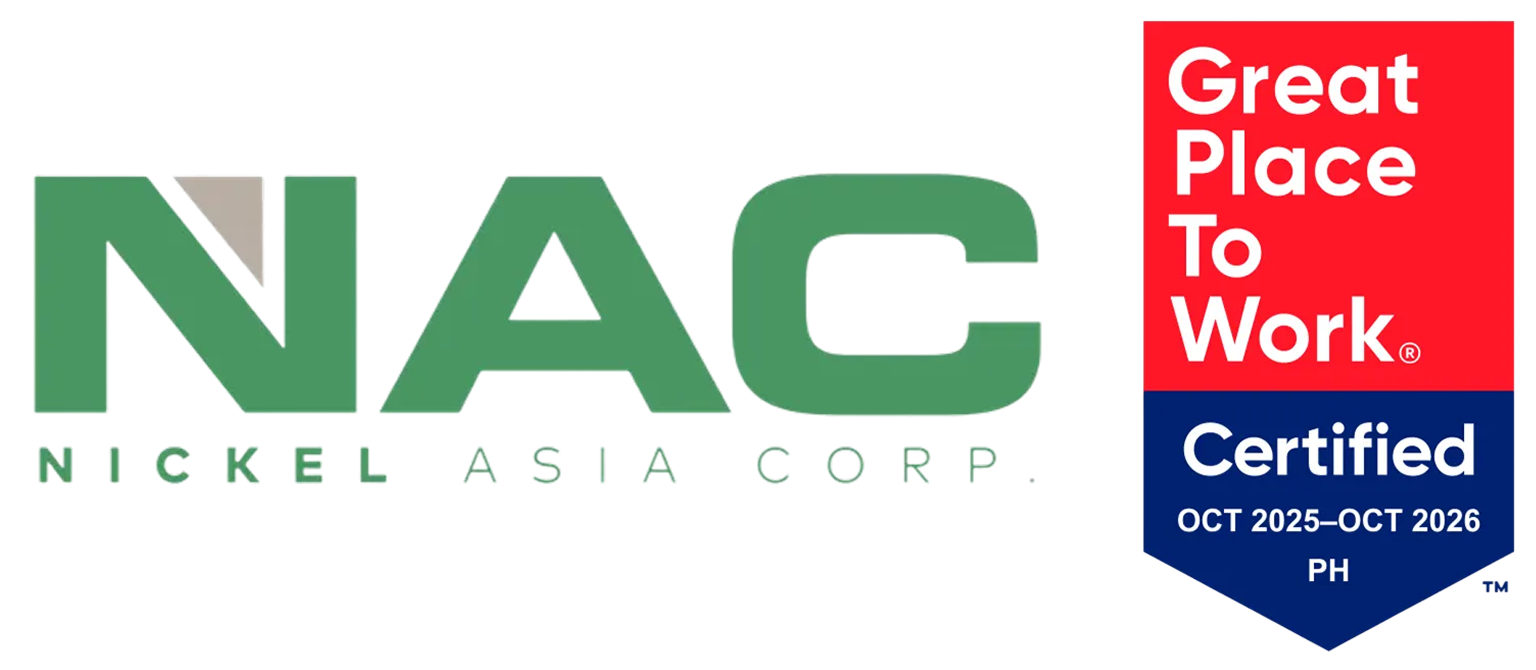He wasn’t supposed to end up a miner.
He went to the UP College of Law, the “right” law school especially during his time. He joined Sigma Rho, the “right” fraternity for law students. He ranked 3rd in the Philippine Bar of 1961, the “right” kind of placing for law students who wished to be noticed.
Just in his 20s, and with his future opening up before him, Manuel B. Zamora Jr had all the makings of a top-notched corporate lawyer, as many of his peers and fraternity brods would eventually become.
Or he could have entered politics and become a politician for the rest of his life, again as many of his peers and fraternity brods chose to be.
Public service was in his genes: his maternal grandfather, Sergio Bayan, was appointed by President Manuel L Quezon in 1937 as the first Filipino mayor of Baguio City and served until 1939. And his father, the elder Manuel Zamora, was Presidential Chief Protocol Officer at Malacanang Palace, serving under Philippine presidents from Manuel Quezon all the way up to Ferdinand Marcos.
But Fate has a funny way of playing its hand in our lives, and in the case of MBZ, the “mistake” of sending a geologist to check out a logging area in a remote portion of Palawan resulted in the discovery of a huge, world-class nickel deposit.
And just like that the young man who could have been a top-notch Corporate lawyer or a politician ended up stumbling upon his calling for the rest of his lifetime: mining.
It was this conversion of MBZ into an “accidental miner” that, in turn, revealed to one and all the “gemologist” nature of his persona.
Yes, a gemologist. One who, by definition, “identifies and works with precious stones and gems.”
Consciously or unconsciously — and those know him would say it’s the latter — it is in a story that MBZ himself has told that we see glimpses of this nature of his. In what serves as the Foreword to “The Jewels of Rio Tuba”, a coffee table book privately published in 2012, he says this:
“Early on, as I was stumbling along trying to transform myself into a manager, I discovered something startling in our operations. I saw that employee wages and benefits were a minuscule percentage of our operating costs. Alongside big ticket items like fuel and mining operations, wages were practically insignificant to our bottom line. Which is why I concluded that Rio Tuba could become a model employer, giving its workers superior wages and benefits without unduly impacting our stockholders.”
Fifty years later, the mining companies under the umbrella of Nickel Asia Corporation are known for paying above the legislated wage rates for the regions in which they operate.
The young man with no managerial experience and no knowledge of mining who was tasked to start a mining operation from scratch began with one very important core principle. In his own words: “My approach is to focus on the people.”
Again, as he related the story of Rio Tuba in the book, he revealed this principle at work:
“Why do I do this?...Because these are the people who make the company work. They work with their hands. Without them, the company would not be where we are.”
This is the reason why this Annual Report is focused on people: because it is the people of Nickel Asia, its operating companies and its communities, that have been the secret ingredients of its success. And this is the reason why this Annual Report takes this opportunity to focus on the Company’s Chairman Emeritus: because that people-oriented spirit has been the underlying principle that has guided Manuel B. Zamora Jr through the fifty years he has devoted to the mining industry in the Philippines through the companies he has led.
Focusing on the people is the reason why MBZ has made sure that operations are environmentally conscious, minimising land disturbance and championing progressive mine rehabilitation for the benefit of the mining communities.
It’s the reason why NAC’s Opcos regularly win the highest awards at the annual mine industry gathering in Baguio City, and why RTN was adjudged the first winner of the ASEAN Awards for Best Practices In Sustainable Mineral Mining In 2017 and is once again the Philippines entry in 2019.
It is the reason why one remote mining community has a school run on standards worthy of an exclusive Manila counterpart; why residents in the mining communities where NAC operates get health and livelihood support over and beyond what is required by the law or expected from the industry; why a young girl in high school who is diagnosed with cancer will, over ten years later, ask to hug the man who didn’t give up on her and had her treated; why Indigenous peoples in NAC’s areas of operations enjoy the blessings of their patrimony; why many aspire to become part of the NAC group workforce while veterans are reluctant to retire.
When people come first, they sense it, they see it, they know it.
Again, from Jewels of Rio Tuba, in his very own words:
“A final word: I hope that in reading this book, you will discover that the jewels of Rio Tuba are first of all its people — the workers and managers of our mining and processing operations, the doctors and nurses in our hospital, the teachers in our schools the indigenous peoples around our mine site who we support and that have become our friends, and the volunteers who I give so much to developing the vibrant community that you will see when you visit our corner of southern Palawan....”
The “accidental miner” saw his people as jewels.
More than being a miner, Manuel B. Zamora Jr has proven himself to be a gemologist.
No description of the man can be more fitting.
